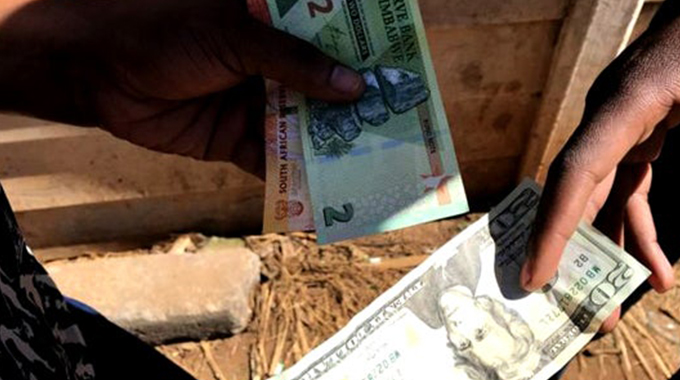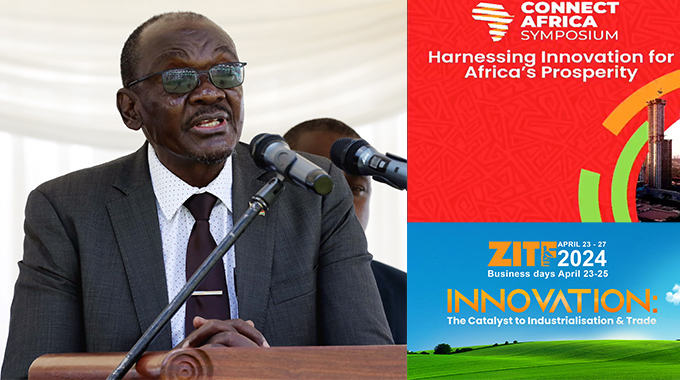‘Currency stability critical in developing economy’

Oliver Kazunga, Senior Business Reporter
TREASURY should ensure that the Z$-US$ exchange rate is maintained at between 9 and 12 for the next 12 months to foster confidence in the local currency, private sector executives have said.
Speaking during a mid-term budget review meeting that was attended by Finance and Economic Development Minister, Professor Mthuli Ncube, in Bulawayo last Friday, industry leaders said currency stability was critical in developing the economy.
United Refineries chief executive officer and Confederation of Zimbabwe Industries (CZI) past president, Mr Busisa Moyo, said stability of the local currency would restore market confidence.
“We still have a challenge with confidence and I think that the confidence will be highlighted in terms of our exchange rate. l think that you, honourable minister (Prof Ncube) and colleagues in Government are able to hold this rate between 9 and 12 for 12 months,” he said.
“If this time next year the rate is still hovering between 9 and 12, there will be some stability that will come in there.
“But for us to be able to have some level of confidence in the local dollar we need to see some measure of stability.”
Through Statutory Instrument 142 of 2019, Government towards the end of June removed the multicurrency system that was introduced in February 2009 and reintroduced the local currency.
Its exchange rate in the formal market is pegged around 1:9 against the US dollar.
The multicurrency regime, which was dominated by the greenback has been cited as rendering locally-manufactured products uncompetitive in the export market as the US dollar is a stronger currency.
As Government prepares to take part in the annual IMF and World Bank Spring Meetings in Washington DC in October, Mr Moyo said: “In October, you are going to have the Spring Meetings in Washington, we have been following this since before your time (as minister of finance).
“We clearly need some sort of support in terms of balance of payments support and there have been some discussions about Highly Indebted Poor Countries and I know that the Staff Monitored Programme by the International Monetary Fund is part of that programme.
“But it will be interesting to get a comment from you minister on what we are going to be saying because key to that is the issue of reforms in particular economic institutional reforms; it will be interesting to get your comment on that because it’s not just about economics, but heterodox as opposed to orthodox economics,” he said.
Zimbabwe National Chamber of Commerce (ZNCC) Matabeleland regional chairman Mr Godwin Muwoni echoed similar sentiments.
“I allude to the other speaker (Mr Moyo) that the monetary authorities should try to maintain the rate of between 9 and 12 for the next 12 months, which we think will sustain our businesses,” he said.
Mr Muwoni said ZNCC also believed in a free market approach though it should be sensitive to protect vulnerable communities by ensuring the provision of adequate social safety nets and job creation in the country.
He said ZNCC has noted with concern that the recently introduced interbank foreign exchange market, though functional, was not effective as business would have wanted it to be.
“The interbank market is working, which in our view as ZNCC is not as effective as it is supposed to be for it to benefit and close the gap of the parallel market, which has been causing havoc in our economy,” said Mr Muwoni.
Responding, Prof Ncube said he agrees with the business community that the risk premium on currencies was high and was something that Government needed to look into.
“We need to rethink through it, what the normal exchange rate should be.
“It should be sitting at 1:4 but for a reason is double that.
“You also mentioned about where are we in settling our debt with foreign institutions, I must say so far so good,” said Prof Ncube.
He revealed that during the forum he had taken note of the industry’s concerns and some of the issues raised would be dealt with in the next fiscal policy statement set for presentation at the end of the year. — @okazunga











Comments